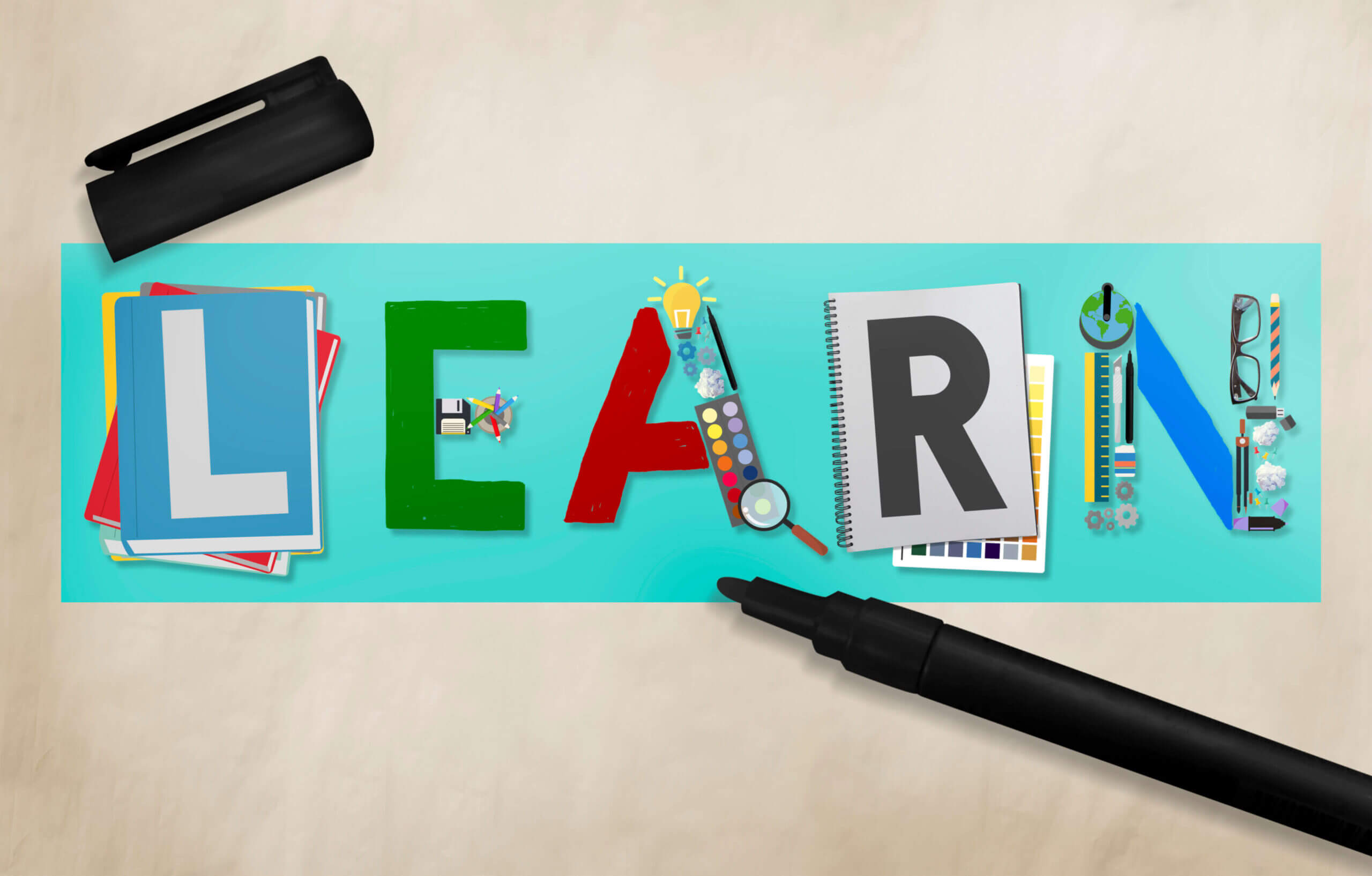“In times of change, learners inherit the earth, while the learned find themselves beautifully equipped to deal with a world that no longer exists.” Eric Hoffer’s quote emphasises the importance of adaptability and continuous learning in the face of change. He encourages a mindset that values sustained learning, suggesting they are crucial to success in times of transformation and uncertainty.
Through my experiences, I’ve realised that the more we learn, the more we realise how little we know. This realisation sheds light on learning as a lifelong journey driven by curiosity and the desire to continually broaden our horizons to become the best versions of ourselves. I refer to this perpetual capacity for learning as “Learnacy.“
What is Learnacy?
Learnacy can be defined as the ability to connect the dots across disciplines and recognise that authentic learning cannot be confined to a silo. It’s about understanding what we read in textbooks and their relevance to the larger world. It is vital for high school students on a formative educational journey.
By bridging the gap between standardised high school curricula and current world affairs, Learnacy enables students to grasp the practical applications of their academic knowledge and recognise that in a rapidly evolving world, the concept of lifelong learning is pivotal for nurturing effective leadership.
As Mitchel Resnick advocates in “Cultures of Creativity,” the kindergarten approach to learning—characterised by exploration, imagination, and play—is fundamental for early education and lays the groundwork for lifelong intellectual growth.
Learnacy and the need for lifelong interdisciplinary learning for leadership
The complex challenges of our time – climate change, global health crises, or the intricacies of international relations – require leaders who can think and operate across disciplines. To develop leadership skills, ongoing interdisciplinary research, a cornerstone of the Learnacy ethos, is essential.
Research consistently emphasises the evolving skill sets required for effective leadership. The OECD stresses adaptability, problem-solving, and critical thinking, while the American Psychological Association advocates for an interdisciplinary approach. The UNESCO Institute for Lifelong Learning underlines the importance of learning opportunities throughout life to overcome global challenges and achieve Sustainable Development Goals. The National Academy of Sciences also advocates for multi- and transdisciplinary learning approaches to tackle global challenges. This helps learners develop the crucial skill of combining information from different fields, which is essential for effective leadership.
Learnacy and integrating current world affairs in education for advancements
As knowledge quickly becomes obsolete, I would like to discuss the integration of current world affairs into education. Consider the advancements in the LIGO Interferometer project – a milestone in astrophysics that offers profound lessons in science, technology, and the nature of the universe. Such developments enrich scientific understanding and inspire awe and wonder, driving a deeper engagement with learning. Similarly, developments like India’s introduction of eRUPI and the Digital Rupee are not just technological and economic milestones; they represent the evolving landscape of global finance and digitalisation. Understanding such advancements is crucial for future leaders navigating an increasingly interconnected and digitalised world economy.
Learnacy and lifelong learning as a human right
In our ever-changing world, lifelong learning is now a fundamental human right. Ongoing access to knowledge and skill development empowers people to fulfil their potential, promoting personal well-being, fostering social innovation, and creating a fair and sustainable future. We must overcome obstacles like limited access, inflexible education systems, and underestimating informal learning to recognise and uphold this right.
In this regard, schools and universities must transform into lifelong learning institutions, fostering an environment where learning is continuous and adaptable to changing societal needs. This transformation also involves recognising and promoting the collective dimension of learning, which is crucial for collaborative and community-focused education. By investing in inclusive learning opportunities, transforming education systems, and valuing diverse learning paths, we can empower individuals and create a world where everyone can prosper.
In conclusion, the dynamism of our era demands not only the acquisition of knowledge but a commitment to continuous learning and adaptability. This perpetual journey of learning, encapsulated by the concept of Learnacy, extends far beyond the confines of traditional education. At One Young India, we embrace Learnacy as a philosophy and offer students a holistic learning experience beyond the conventional classroom with real-world experiences, helping them develop a keen awareness of global events.
Swagat Yadav founded One Young India, a curriculum enrichment platform whose engagement methodology and programmes motivate students to learn consistently, do their research, and develop the capacity for lifelong learning.




